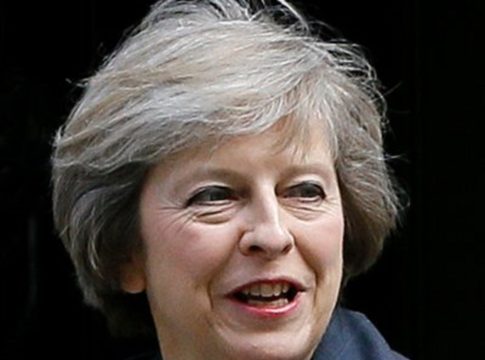With just over a week left for the UK Prime Minister, Theresa May, to offer her new proposals with regards to Brexit, she is caught between political infighting and tough neighbours.
On 4 December, May will have to offer mutually beneficial applications on issues including citizens’ rights and the border with the Republic of Ireland, the UK’s only land border with the rest of Europe. A unanimous agreement from the European parliament and the EU’s 27 other nation states is necessary for the progression of this lengthy and convoluted process.
Leo Varadaker, the prime minister (Taoiseach in Irish) of Ireland, has stated that he will not agree to any form of hard border, limiting free movement, between the Republic and Northern Ireland, demanding written assurance before any progression. Theresa May similarly stated in September that the UK will not accept a hard border.
However, the British government is fragmented by how to implement the UK’s withdrawal from the EU in 2019; cabinet members are split between ‘Hard” and “Soft” Brexit, referring to the degree of the UK-EU relationship post Brexit.
Infighting within the Conservative party has perhaps been the most evident manifestation of Theresa May’s minority government, and this is just another hurdle that she will have to overcome. MPs urging for a “hard’ Brexit, including Minister for Brexit David Davis and Foreign minister Boris Johnson, want to limit the flow of workers and thus setup hard borders. Coincidentally they are the two ministers with the most authority on matters of Brexit, and also the favourites to succeed Mrs May.
Arlene Foster, the leader of the Democratic Unionist party, who are propping up the minority Conservative government after a disastrous election result earlier this year, has said that Northern Ireland must not differ from the rest of the UK.
However, Varadaker, with a hitherto unseen amount of influence on the British government, promises a tough and non-negotiable stance, in the knowledge that the UK desperately needs his consent before any further talks.
So, Mrs May must find a proposal that complies to Varadaker’s demands whilst managing the discontent from members of her own party and particularly those vying for her job.


